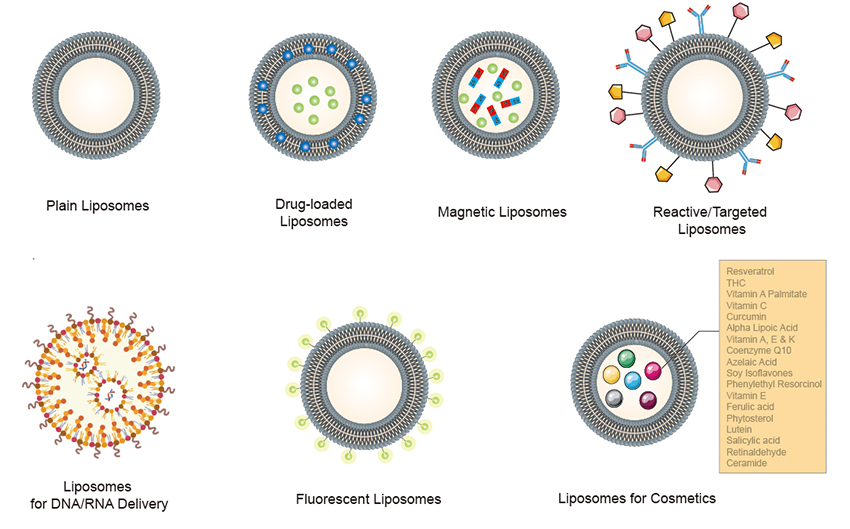Azure Training in Chandigarh
As cloud computing becomes a cornerstone of modern IT infrastructure, Microsoft’s Azure stands out as a leading platform offering a wide array of services and solutions. For professionals and businesses in Chandigarh, gaining proficiency in Azure can open doors to numerous opportunities.
This article delves into the specifics of Azure classes in Chandigarh, the types of Azure services, learning levels, and roles available within the Azure ecosystem, emphasizing the advantages of undertaking this training in Chandigarh.
Introduction to Azure
Microsoft Azure is a comprehensive cloud computing platform that provides a vast array of services including computing, analytics, storage, and networking. It supports a variety of programming languages, tools, and frameworks, making it a versatile choice for businesses of all sizes.
With Azure, companies can build, manage, and deploy applications on a global network, making it an essential skill for IT professionals.
What are Azure Classes?
Azure classes are structured training programs designed to equip individuals with the knowledge and skills needed to utilize Azure’s services effectively. These classes cover a range of topics, from basic cloud concepts to advanced architectural design and implementation. In Chandigarh, various institutes offer Azure training, tailored to meet the needs of beginners, intermediate users, and advanced professionals.
Key Areas Covered in Azure Classes
- Fundamentals of Cloud Computing: Understanding the basic concepts of cloud services and the specific offerings of Azure.
- Azure Architecture: Learning about the architecture and infrastructure of Azure, including virtual machines, networking, and storage solutions.
- Azure Services: In-depth training on various Azure services such as Azure App Services, Azure Functions, and Azure Kubernetes Service (AKS).
- Security and Compliance: Ensuring data security and compliance with Azure’s security features and tools.
- Azure DevOps: Integrating development and operations using Azure DevOps for streamlined project management and deployment.
- Data Management: Managing data using Azure SQL Database, Cosmos DB, and other Azure data services.
- Artificial Intelligence and Machine Learning: Leveraging Azure AI and Machine Learning services to develop intelligent applications.
Types of Azure Services
Azure offers a multitude of services across various domains. These services can be broadly categorized into several types:
- Compute Services: Including Virtual Machines, App Services, and Azure Kubernetes Service (AKS).
- Networking: Services like Azure Virtual Network, Load Balancer, and Azure DNS.
- Storage: Offering Blob Storage, File Storage, and Disk Storage.
- Databases: Services such as Azure SQL Database, Azure Database for MySQL, and Cosmos DB.
- AI and Machine Learning: Azure Cognitive Services, Azure Machine Learning, and Bot Service.
- Analytics: Services like Azure Synapse Analytics, HDInsight, and Stream Analytics.
- IoT: Including Azure IoT Hub, IoT Central, and Azure Digital Twins.
- Security: Azure Active Directory, Azure Key Vault, and Security Center.
- DevOps: Azure DevOps Services, Azure Pipelines, and Repos.
Azure Learning Levels
Azure learning paths are structured to cater to different expertise levels, ensuring a comprehensive learning experience:
- Beginner: Introduction to cloud computing, basic Azure concepts, and core services. Ideal for individuals new to cloud technologies.
- Intermediate: Covers deeper Azure functionalities, including advanced networking, security, and data management.
- Advanced: Focuses on expert-level architectural design, implementing complex solutions, and leveraging advanced Azure services.
- Professional: Preparing for Azure certification exams, with a focus on real-world applications, case studies, and practical problem-solving.
Roles in Azure
The Azure ecosystem offers a variety of roles, each requiring specific skills and knowledge:
- Azure Administrator: Manages cloud services, ensures security, monitors performance, and handles resource allocation.
- Azure Developer: Focuses on building and deploying applications, integrating Azure services, and writing code to support cloud solutions.
- Azure Solutions Architect: Designs complex cloud solutions, ensuring they meet business requirements, performance standards, and budget constraints.
- Azure DevOps Engineer: Combines development and operational practices, managing the CI/CD pipeline, and ensuring smooth deployment and integration processes.
- Azure Security Engineer: Focuses on protecting data, implementing security controls, managing identity and access, and ensuring compliance.
- Data Scientist/Engineer: Works with Azure data services to analyze data, build models, and create data-driven applications.
- AI Engineer: Develops intelligent solutions using Azure’s AI and machine learning services, working on natural language processing, computer vision, and other AI-driven tasks.
Conclusion
Azure training in Chandigarh provides an excellent opportunity for IT professionals and businesses to harness the power of Microsoft’s cloud platform. With comprehensive courses covering a wide range of services and levels, individuals can tailor their learning to suit their career aspirations.
The diverse roles within the Azure ecosystem mean that there is a path for everyone, whether they are developers, administrators, or architects. By mastering Azure, professionals in Chandigarh can stay ahead in the competitive IT landscape, driving innovation and efficiency in their organizations.



